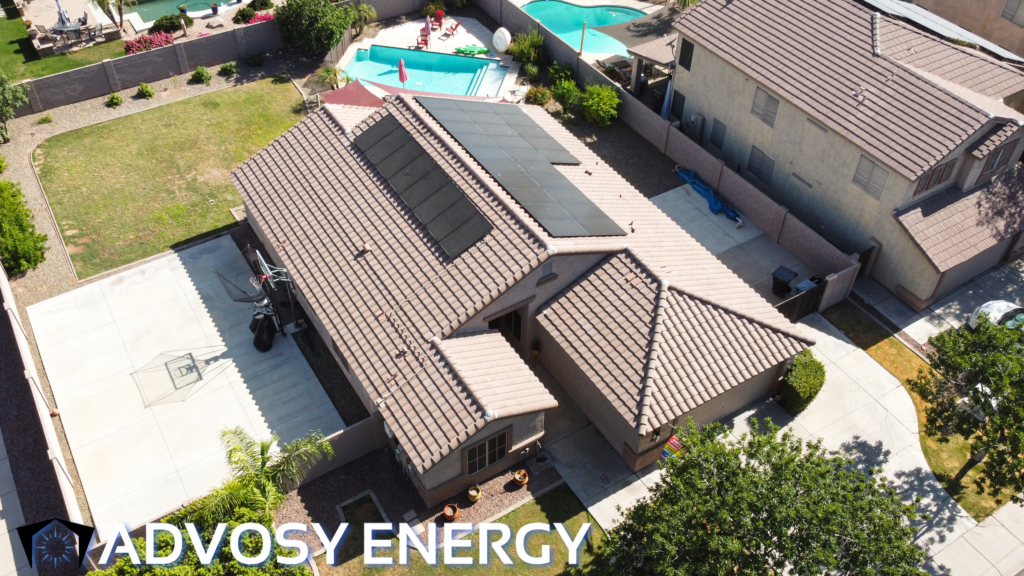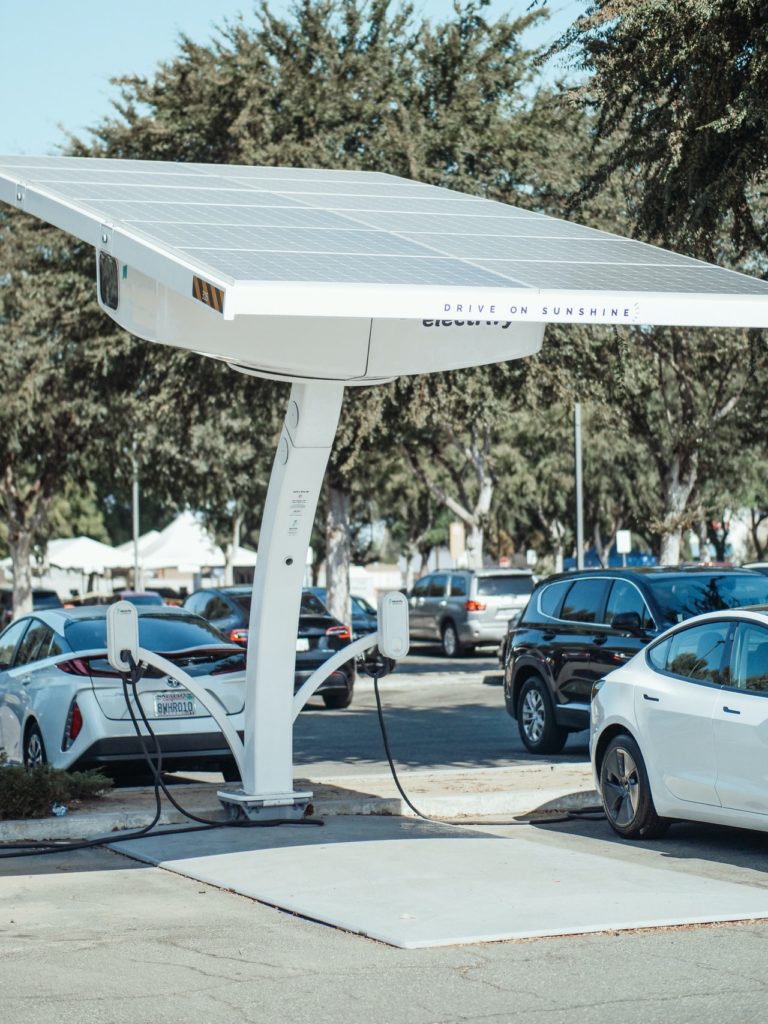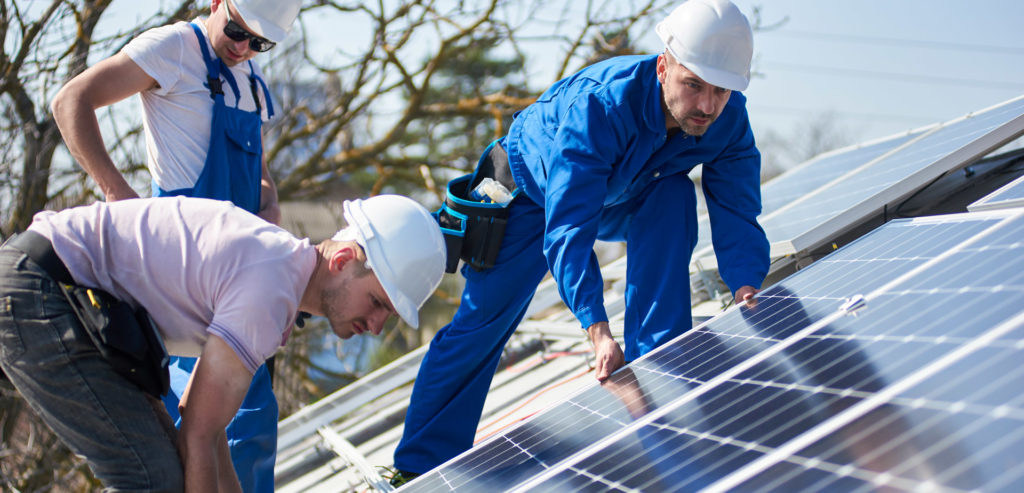Solar energy is one of the most popular renewable sources of energy available today, with many homeowners choosing to make the switch to solar.
Finding a good installer for your home’s solar system can be an important part of making sure that it runs smoothly and efficiently in the long run.
This article will discuss how to find the best solar installers for your home, providing advice on what qualities you should look for when searching for a qualified professional.
It will also outline some tips on how to ensure that you get the right installer who meets all your needs.
1. Understanding The Solar Installation Process
Solar installation is an important process that requires careful consideration. It is essential to explore options available and compare costs in order to make the best decision for a particular home.
There are several different factors that must be taken into account when researching solar installers, such as location, type of system desired, budget limit, local codes or regulations governing solar systems, and so on. One should also consider whether they would like to purchase a system outright or lease it from a third-party provider.
Additionally, research can help determine which companies offer the best value with regard to warranties, customer service, financing options and other services provided by the installer. By examining multiple providers and their offerings carefully before making any decisions about installing a solar system at home will ensure that one finds the best option for their needs.
2. Researching Different Solar Installers

When it comes to installing solar panels on your home, doing research and comparing different installer options is essential.
It’s important to find an installer who is certified in green energy systems, as this ensures they have the skills and knowledge necessary for a successful installation process and can maximize any available tax credits related to solar energy systems.
The best way to compare installers is by looking at reviews from past customers. Reviews are an invaluable resource that can help you understand the quality of customer service provided by each installer, their responsiveness during the installation period, the overall cost of the project, and more.
Additionally, many websites provide ratings for local installers so you can get an idea of which ones offer high-quality services. Taking these steps will ensure you end up with a reliable solar panel system installed by experienced professionals.
3. Checking Credentials And Reviews
Having thoroughly researched different solar installers, it is now time to check credentials and reviews.
To ensure a quality installation of the desired solar system, one should make sure that the installer they choose meets specific certification requirements. It is important to do this research before signing any contracts with an installer. A good place to start researching these requirements is online resources such as government websites or industry-specific organizations.
Additionally, customers should look for customer references from past clients who have had work done by the installer in question. Looking through feedback on social media sites can also be helpful in identifying potential issues or problems with certain installers.
Furthermore, finding out what warranties are offered by each company is essential when making a decision about which installer to go with. Doing so will help give peace of mind that if something goes wrong during or after installation, there will be some form of recourse available.
4. Evaluating Solar Panel Quality
When deciding on the best solar installer for your home, it is important to assess the quality of their solar panel options. This involves comparing warranties and assessing longevity.
Warranties are essential when selecting a solar panel as they can help protect you from any issues that may arise in the future due to wear and tear or other damage.
Most manufacturers offer at least a 10-year warranty, but some brands have extended coverage up to 25 years.
It is also important to evaluate how long each type of solar panel will last before needing replacement.
On average, most panels should easily provide power for twenty five years with minimal maintenance required during this timeframe.
When evaluating different types of solar panels, take into consideration both the length of the warranty provided by the manufacturer as well as its expected lifespan based on usage conditions.
5. Finding The Right Contractor
Now that you’ve determined the quality of solar panels best suited for your home, it is important to find a contractor who can deliver.
Assessing expertise in this industry requires an understanding of all the components and services offered by solar installers.
It is essential to compare quotes from different contractors to ensure that they are offering similar services at competitive prices.
Furthermore, check references or reviews online to get feedback on their workmanship and customer service.
When comparing estimates, pay close attention to details such as warranties.
Check if the installer offers any guarantees on their products, labor and installation fees; these will help protect you should any problems arise with the system after installation.
Additionally, make sure that they follow all local laws while performing the job, as well as provide proper permits from local authorities before starting the project.
6. Determining Your Solar Panel Needs

When determining your needs for solar panel installation in your home, it is important to assess a variety of factors.
The size and shape of the roof, as well as its orientation will affect how much energy can be produced by the panels that are installed.
Additionally, budget considerations must also be taken into account when deciding which type and number of solar panels would best suit one’s individual situation.
It is necessary to consider not just economic benefits of having green energy solutions implemented in the home, but also lifestyle choices related to environmental sustainability.
In addition to reducing one’s carbon footprint, homeowners with solar installations often receive tax credits or other financial rewards from their local utility companies for investing in renewable resources such as photovoltaic cells.
7. Negotiating The Right Price For Installation
Negotiating the right price for installation is a crucial step in finding the best solar installer. One of the most important elements of this process involves interviewing installers and comparing quotes from different companies.
The questions asked during an interview can vary, but they should touch on topics such as the company’s experience with solar installations, their customer service approach, any warranties or guarantees offered, and what type of system would be appropriate for your home. Additionally, ask about financing options and government incentives that may lower overall costs.
When you have completed interviews and collected quotes from each installer, it is time to compare them side by side. Evaluate both cost and quality when making your decision; while one company may offer a cheaper option than another, they might lack expertise or provide subpar materials.

